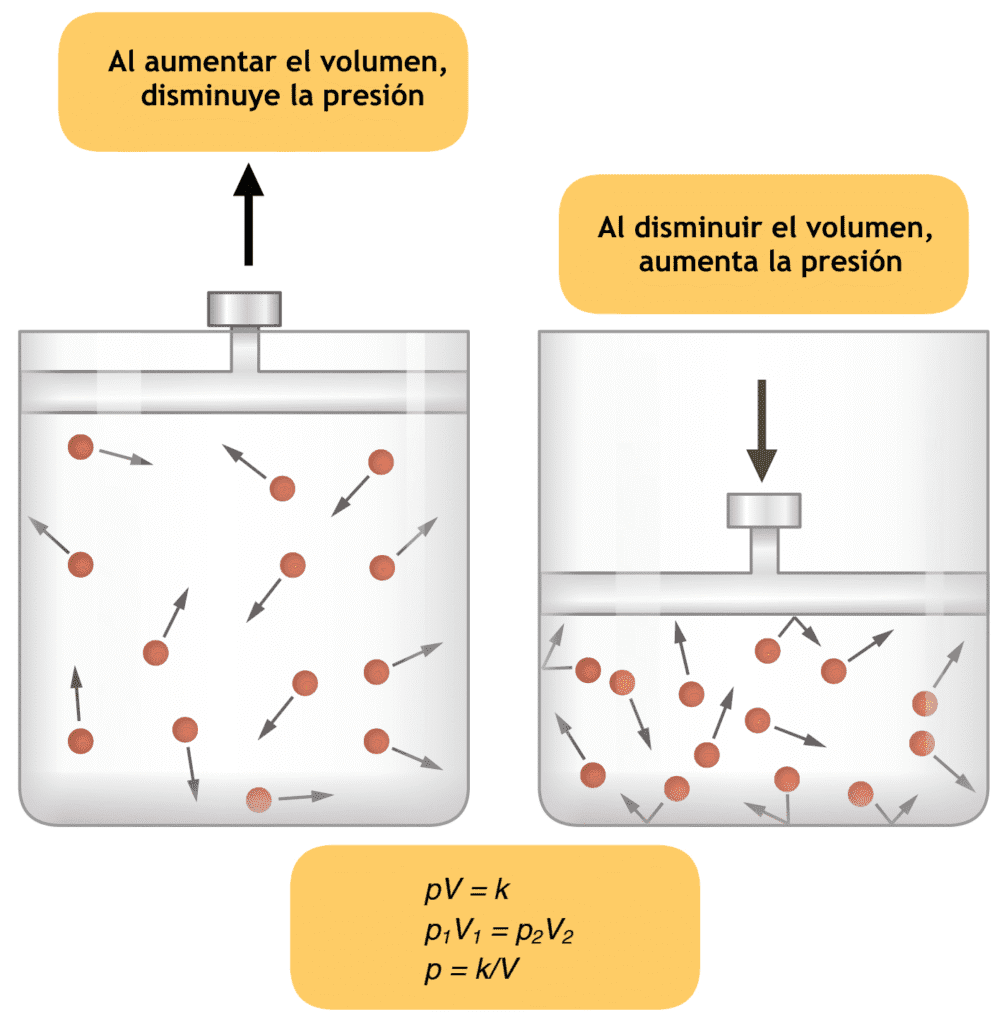Many common critical care drugs are among the safe drugs during pregnancy, whereas some should be used with caution and others avoided entirely.
When treating pregnant patients, it is the physician’s responsibility to treat the mother as the primary patient. Fetal considerations are secondary to ensuring maternal well-being because maternal demise will generally result in subsequent fetal death.
With this in mind, however, when options for treatment exist, considering fetal effects is prudent.
It is also essential to remember that few drugs are extensively tested in pregnant humans, so caution should be exercised with administration of any pharmaceuticals in the pregnant woman.
Consulting the Physicians’ Desk Reference for the current safety ratings in pregnancy will ensure adherence to the most current recommendations for safe drugs during pregnancy.
For analgesia, acetaminophen is generally considered among the safe drugs during pregnancy when used in doses safe for the mother.
Narcotics do not have reported teratogenicity; however, they can cause fetal respiratory depression if administered near the time of delivery.
Aspirin should be avoided due to risks of intrauterine growth retardation and prolonged labor and bleeding. Although there is some controversy, nonsteroidal anti-inflammatory drugs are generally considered to be safe drugs during pregnancy especially in the later part of pregnancy.
Most inhalational agents and neuromuscular blockers are safe. Local anesthetics are able to cross the placenta but do not have fetal effects at common doses.
Specific antibiotics need to be assessed on an individual basis (e.g., quinolones are thought to cause tendon defects). Aminoglycosides are known to cause fetal ototoxicity, sulfonamides lead to neonatal kernicterus, tetracyclines inhibit fetal bone growth, and fluconazole is teratogenic.
Penicillins, cephalosporins, vancomycin, and clindamycin are considered safe drugs during pregnancy.
Hydralazine, alpha-methyldopa, and nitroglycerine are safe drugs during pregnancy for the treatment of hypertension.
Sodium nitroprusside can cause high cyanide levels in the fetus. Angiotensin-converting enzyme inhibitors cause fetal renal failure injury or death and should be avoided during the second and third trimesters.
For gastrointestinal prophylaxis, sucralfate, histamine-2 blockers, and pantoprazole are not associated with known fetal problems. Heparin and low-molecular-weight heparin are safe drugs during pregnancy, but Coumadin causes fetal warfarin syndrome (facial dysmorphism, heart defects, growth defects).
Use of anticonvulsants or sedatives is associated with some risk. Benzodiazepines, barbiturates, and propofol cause fetal respiratory depression.
In addition, benzodiazepines can cause floppy baby syndrome and withdrawal syndromes. They are also questionably associated with cleft palate when used early. Haloperidol, phenytoin, and valproic acid are all teratogenic.
For hemodynamic instability, dobutamine is generally considered safe drugs during pregnancy but is associated with decreased placental flow in some animal trials.
Ephedrine preserves uterine blood flow. Phenylephrine is effective and safe drugs during pregnancy for counteracting hypotension due to spinal or epidural anesthesia.
Treatment of nausea and vomiting in the pregnant patient deserves special mention. Vitamin B6 and ginger have been proven to be safe and effective; vitamin B6 may reduce the risk of congenital heart defects.
Antihistamines (H1 blockers) are considered safe drugs during pregnancy and generally effective. Dopamine-receptor antagonists (metoclopramide, droperidol, phenothiazines) have not been studied extensively, but limited data suggest safety and efficacy.
Ondansetron has not shown toxicity in animal studies but safety and efficacy studies have not been done for human pregnancy.

